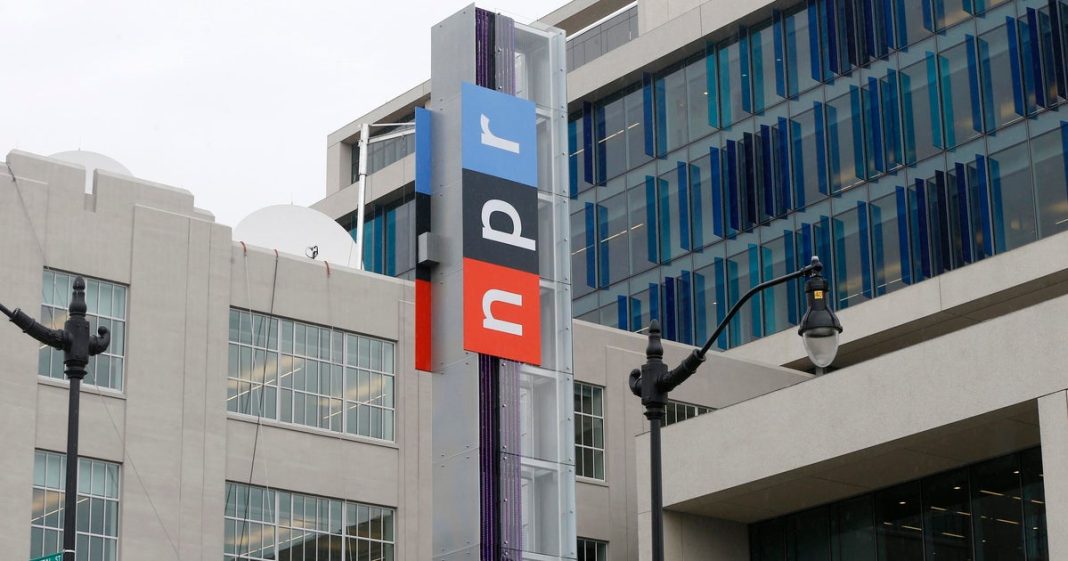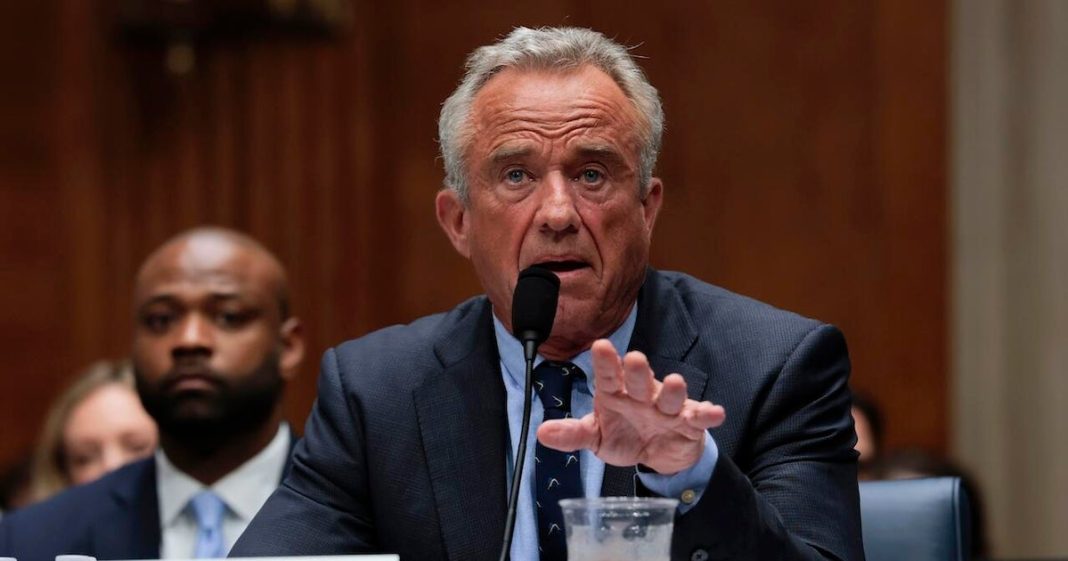Washington — NPR on Tuesday sued President Trump and administration officials over an executive order signed earlier this month that seeks to cut federal funding to the news organization and PBS.
Filed in the U.S. District Court in Washington, D.C., the suit was brought by NPR and three Colorado-based public radio stations. It argues that Mr. Trump’s executive order violates the First Amendment and provisions of the Public Broadcasting Act, which was passed by Congress in 1967. The plaintiffs also assert that Mr. Trump did not have the authority to stop federal funding for NPR and PBS, and his order should be invalidated as unconstitutional.
The order, NPR and the three stations said in their complaint, is “textbook retaliation” and discriminates based on viewpoint, which is a violation of the First Amendment.
“The order’s objectives could not be clearer: the order aims to punish NPR for the content of news and other programming the president dislikes and chill the free exercise of First Amendment rights by NPR and individual public radio stations across the country,” the lawsuit states.
In response to the lawsuit, Harrison Fields, a White House spokesperson, claimed in a statement that the Corporation for Public Broadcasting “is creating media to support a particular political party on the taxpayers’ dime. Therefore, the president is exercising his lawful authority to limit funding to NPR and PBS. The president was elected with a mandate to ensure efficient use of taxpayer dollars, and he will continue to use his lawful authority to achieve that objective.”
Mr. Trump and his Republican allies have long complained about NPR and accused it of being biased against conservatives. Project 2025, the sweeping policy roadmap overseen by the Heritage Foundation, calls for defunding both NPR and PBS.
The president’s executive order directs the Corporation for Public Broadcasting, which provides public dollars to NPR and PBS, and other federal agencies to “cease federal funding” and indirect funding for the two outlets. The directive said that taxpayers “have the right to expect that if their tax dollars fund public broadcasting at all, they fund only fair, accurate, unbiased, and nonpartisan news coverage.” The White House has claimed that the two outlets “receive millions from taxpayers to spread radical, woke propaganda disguised as ‘news.'”
NPR is primarily funded through sponsorships, donations, memberships and licensing fees from local radio stations, and direct funding from the Corporation for Public Broadcasting and other federal grants, though only roughly 1% of its budget comes directly from federal dollars, according to NPR CEO Katherine Maher. For the 2024 fiscal year, NPR received roughly $11.1 million in grants from the corporation for programming and to support the Public Radio Satellite System, which is the country’s public radio interconnection system.
But the president’s executive order targeting NPR and PBS was just one step he has taken to target public media. Last month, the president attempted to fire three officials with the Corporation for Public Broadcasting, which was created by Congress in 1967 as a private nonprofit entity to ensure investment in public broadcasting. The corporation says it distributes more than 70% of its funding to more than 1,500 locally owned public radio and television stations.
The ousted members of the Corporation for Public Broadcasting’s board of directors sued the Trump administration over their removal, arguing the president did not have the power to fire them.
In their lawsuit, NPR, Aspen Public Radio, Colorado Public Radio and KSUT Public Radio said that Mr. Trump’s executive order violates the “express will of Congress” and their First Amendment rights. The news outlets warned that the president’s directive “threatens the existence of a public radio system that millions of Americans across the country rely on for vital news and information.”
“The Executive Order is a clear violation of the Constitution and the First Amendment’s protections for freedom of speech and association, and freedom of the press. It is an affront to the rights of NPR and NPR’s 246 Member stations, which are locally owned, nonprofit, noncommercial media organizations serving all 50 states and territories,” Maher said in a statement. “Today, we challenge its constitutionality in the nation’s independent courts.”




